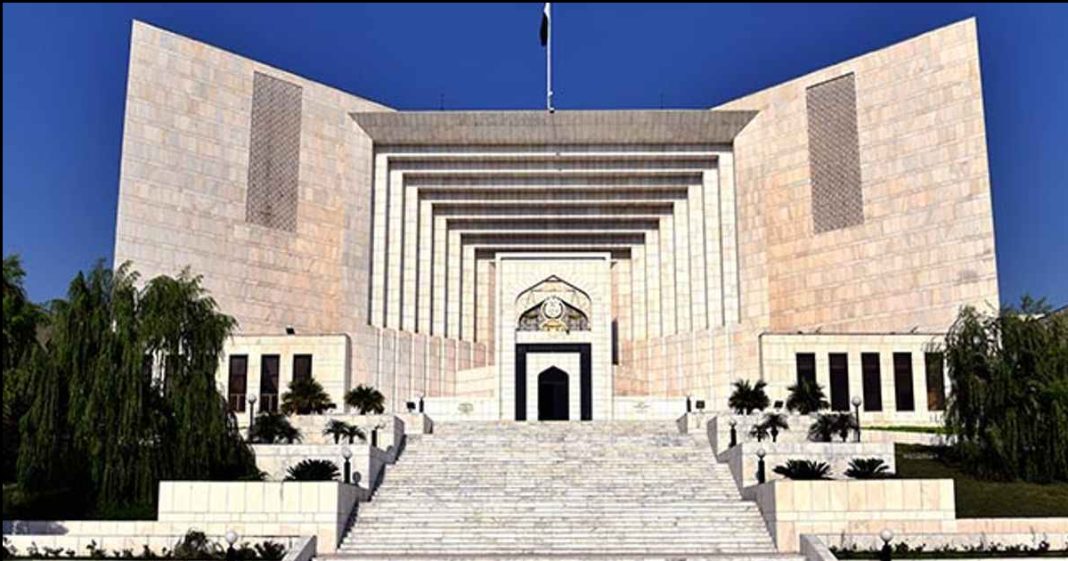The existing 3-members bench of the Supreme court will continue the hearing of the case based on merit. The 3-member bench is comprised of Chief Justice of Pakistan Umer Ata Bandial, Justice Ejaz ul Ehsan and Justice Muneeb Akhtar.
The coalition government had plead for the formulation of a full court for the hearing of the case, however, after hearing arguments from both parties, Supreme court rejected the plea.
Moreover, Chief Justice of Pakistan also remarked that the court is willing to work 24 hours for this case. Justice Ejaz ul Ehsan remarked that the case will be heard on merit and if the need for a full court arises later on then a full court shall hear the case, otherwise not.
Earlier in the day, Federal Interior Minister had said during a press conference that the government would boycott the hearing of the case if a full court is not formulated.
Read More: Punjab – A government the people rejected – Lt Gen (r) Tariq Khan
Chief Justice also remarked that when a 5-member bench removed a sitting Prime Minister from office, the incumbent government had celebrated the decision. The case must be decided according to the constitution, Chief Justice further stated.
The 3-member bench of the Supreme court decided against formulation of a full court while hearing the petition filed by PML-Q leader Chaudhry Pervez Ilahi against the ruling of deputy speaker of Punjab Assembly that nullified the 10 votes of PML-Q MPAs during the election of the chief minister of Punjab. Deputy Speaker Dost Mazari had citied Supreme Court’s decision to not consider the votes of MPAs defecting from party’s decision as the base of his ruling. However, the opposition and lawyers were quick to point out that the Supreme Court has conferred the responsibility of choosing a party’s candidate on the parliamentary leader of a political party.
The fate of the most populous province of Pakistan hangs in balance as the Supreme Court has yet to give its verdict in the case. Pakistan is once again in a grip of constitutional and political crisis and all eyes are on the Supreme Court.














